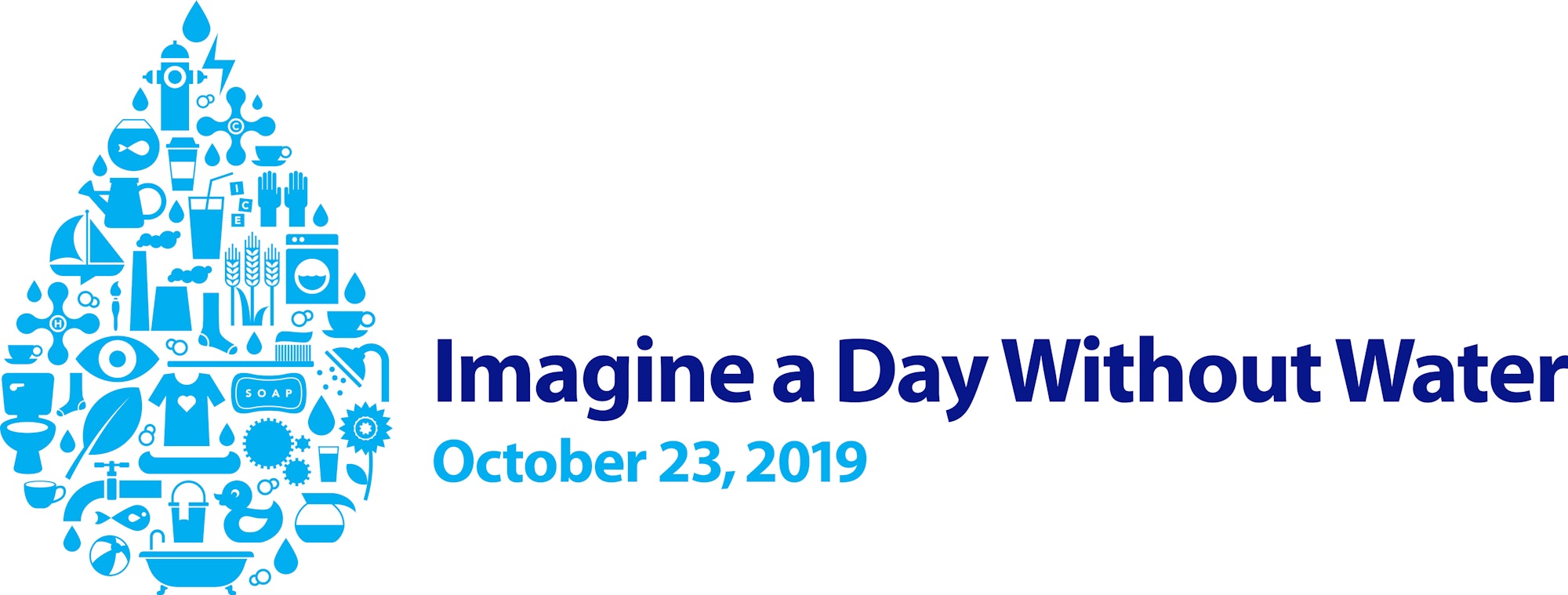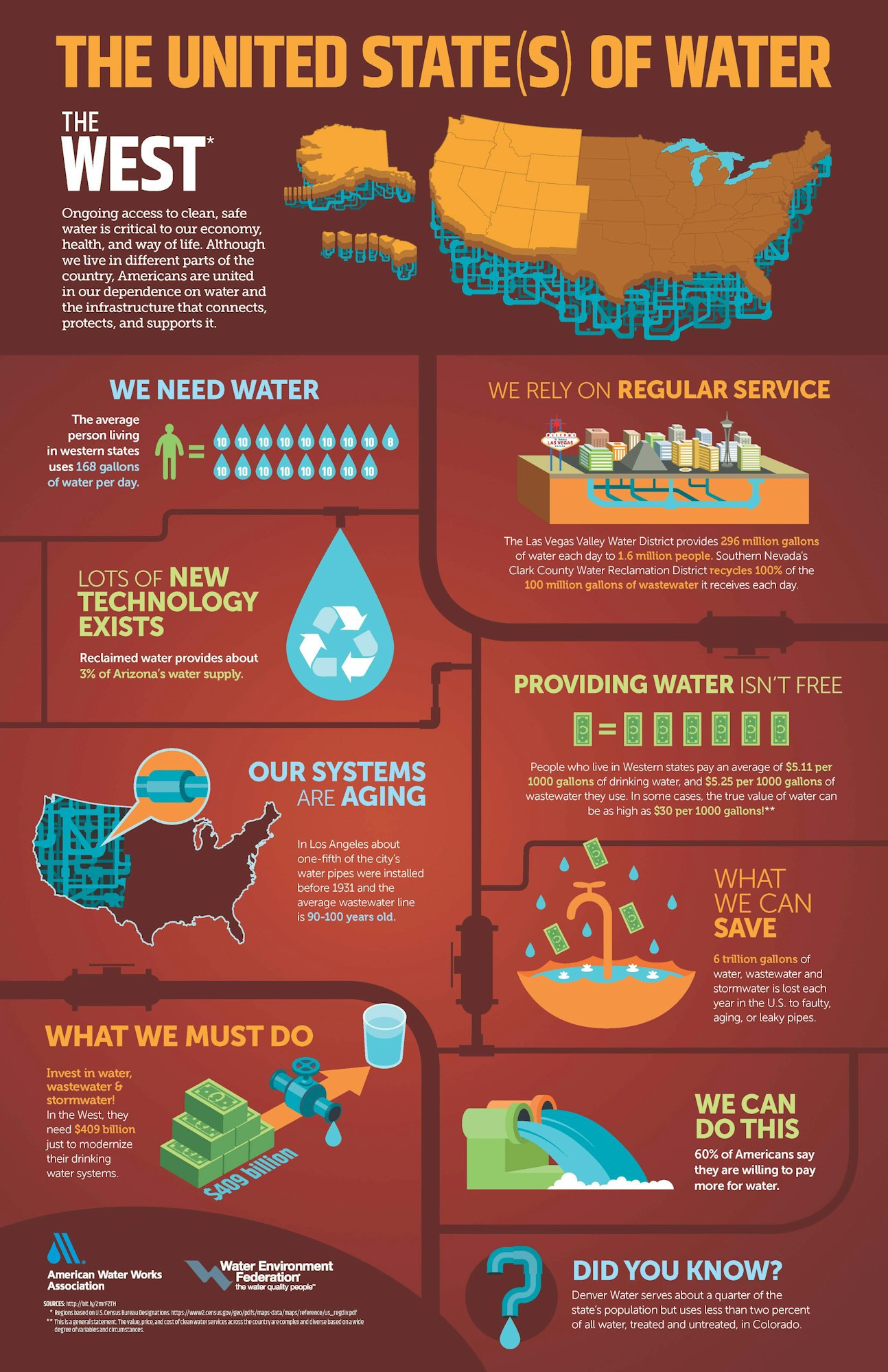Delta Diablo Joins Fifth Annual “Imagine a Day Without Water” to Raise Awareness About the Value of Water - Wednesday, October 23, 2019

Millions of Americans likely take water service for granted every day. Turn on the tap, and clean water flows out. Flush the toilet, and dirty water goes away. With reliable water service, people don’t have to think twice about the infrastructure that brings water to their homes, and then safely returns water to the environment. However, everyone is justifiably concerned when these systems fail.
On “Imagine a Day Without Water,” take a moment to think about what would happen if you turned on the tap and could not get clean drinking water, or if you flushed the toilet and the wastewater did not go anywhere. What would that day be like? What would firefighters do? Could hospitals be sanitary without clean tap water, or without wastewater service? Would restaurants and hotels be able to serve guests? Would children be able to attend schools?
Because we don’t have to ask and answer those questions every day, it is easy to take these vital systems for granted—but without continued focus and investment on America’s aging water infrastructure, these questions may become a reality in some locations. Stories of communities with neglected infrastructure and compromised water and wastewater services are regularly reported. Climate pressures, including natural disasters like droughts and wildfires, threaten our infrastructure and increase the possibility of a day without water. These impacts are real as evidenced by the recent planned public safety power outages across the state of California. Life without water would pose a significant economic crisis as well—a single nationwide day without water service would place $43.5 billion in economic activity at risk.
Water and wastewater infrastructure are the lifelines of our community. Locally, Delta Diablo (a California special district) plans to invest $108 million in capital improvement projects over the next five years to maintain the integrity of its wastewater collection and treatment infrastructure. The District will rehabilitate or replace pipes, pumps, and treatment systems to maintain safe and reliable services, while planning for wastewater and recycled water infrastructure expansion to serve a growing customer base.
The District has received over $40 million in grants and low-interest loans and will continue to seek federal and state funding to support its infrastructure investments in the most cost-effective manner. The District also has several programs that protect the environment through pollution prevention programs, recycled water production, energy production, and public outreach and education. Our recycled water program generates an average of 6.5 million gallons per day of recycled water that is used for power plant cooling and landscape irrigation, which saves precious potable water resources.
Delta Diablo is joining with thousands of groups on October 23, 2019 for Imagine a Day Without Water, a national day of education about the value of water. It is vital to prioritize investment in the water infrastructure that sustains our communities. We will continue to plan well and invest appropriately to keep water flowing, while protecting public safety and the environment. Please contact your local, state, and federal representatives and ask them to support water and wastewater infrastructure funding programs.
For more information about the national Imagine a Day Without Water, please visit http://imagineadaywithoutwater.org/.

